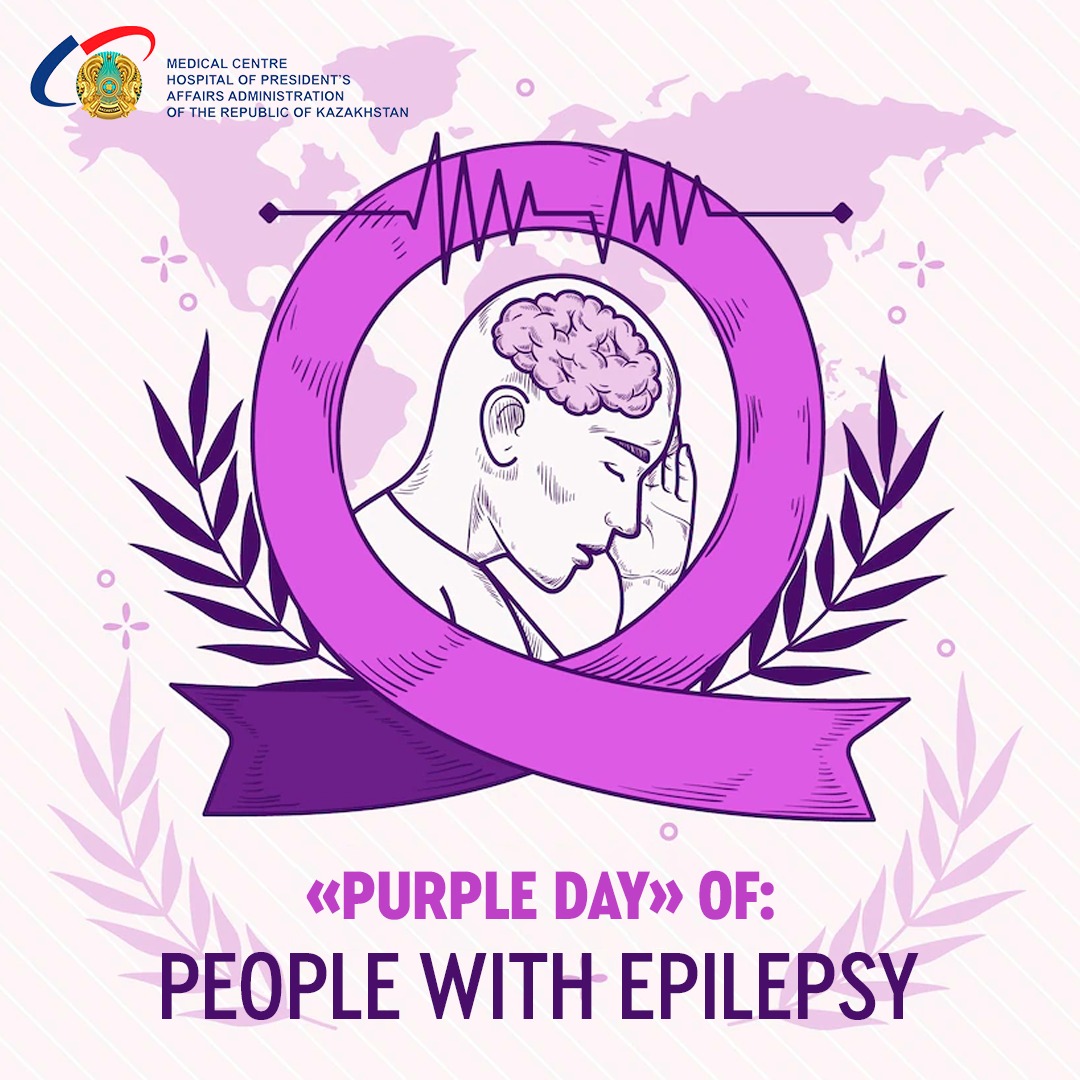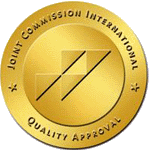“PURPLE DAY” of: PEOPLE WITH EPILEPSY

26th of March is the international “Purple Day” . It is an annual international activity with the goal of raising awareness about epilepsy.
Color purple was purposefully picked as a symbol for the Day. It is believed that this color has a beneficial effect on the nervous system, reduces anxiety, phobias and fears. That is why on March 26 all participants in the Purple Day events, or just concerned individuals, pin purple ribbons or wear purple articles of clothing, to express their support for people with epilepsy.
In honor of this event, we would like to raise awareness of this disease among the citizens of Kazakhstan.
Epilepsy is a chronic non-infectious disease of the brain that affects people at any age. The disease is one of the most common neurological diseases in the world. Medical Center Hospital of the President's Affairs Administration of the Republic of Kazakhstan employs highly qualified and experienced physicians and epileptologists: Zhasulan Utebekov, Guldana Zhumabaeva and Gaziz Kyrgyzbai as well as a team of medical personnel from the functional diagnostics center. They provide medical care and support to patients with epilepsy. That is why they shared some of the recommendations and causes of this disease.
Causes of epilepsy in adults and children:
- traumatic craniocerebral injuries
- genetic abnormalities in the structure of the brain
- brain diseases
- consequences of infectious diseases
- circulatory disorders in the head and many other factors
What to do if you encounter a person during an epileptic seizure:
- Free the person's neck from constricting clothing and accessories
- Remove any objects that may cause injury
- Place a soft, flat object (folded clothing) under the head
- Note the time of the beginning and end of the seizure
- After the seizure is over, turn the person on their side
- Stay with the person until they are fully conscious
What not to do during an epileptic seizure:
- Lift or lay the person down by force
- Unclench their teeth with an object.
- Do CPR and indirect heart massage
- Give water or immerse the person in water
- Give pills during a seizure
Who to tell about the disease?
- Patients are usually advised to disclose their disease to co-workers, teachers at school, especially if the seizures are poorly controlled, so that when a seizure occurs, timely help can be given
- Wearing a special card, bracelet or medallion with information about the disease is appropriate
- Information about the disease is often required in the hiring process and is not advised to be withheld
Most commonly, epilepsy is thought to be a congenital condition. But the disease can also be developed over the course of a lifetime. "Purple Day” got its start thanks to Cassidy Megan, a Canadian girl with epilepsy, who was acutely affected by the neglect of her peers and adults. That's why we express our support to all people with epilepsy.



